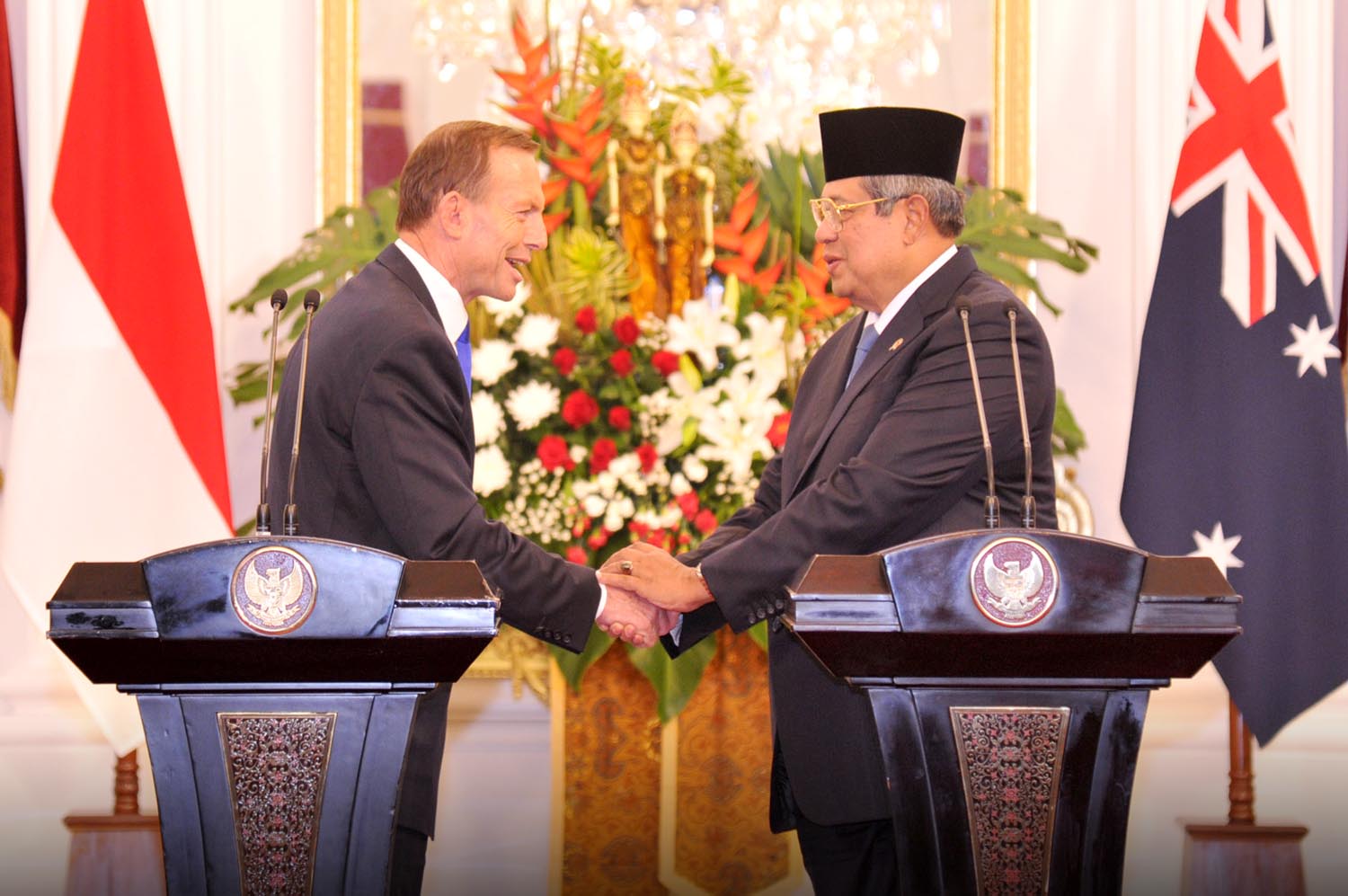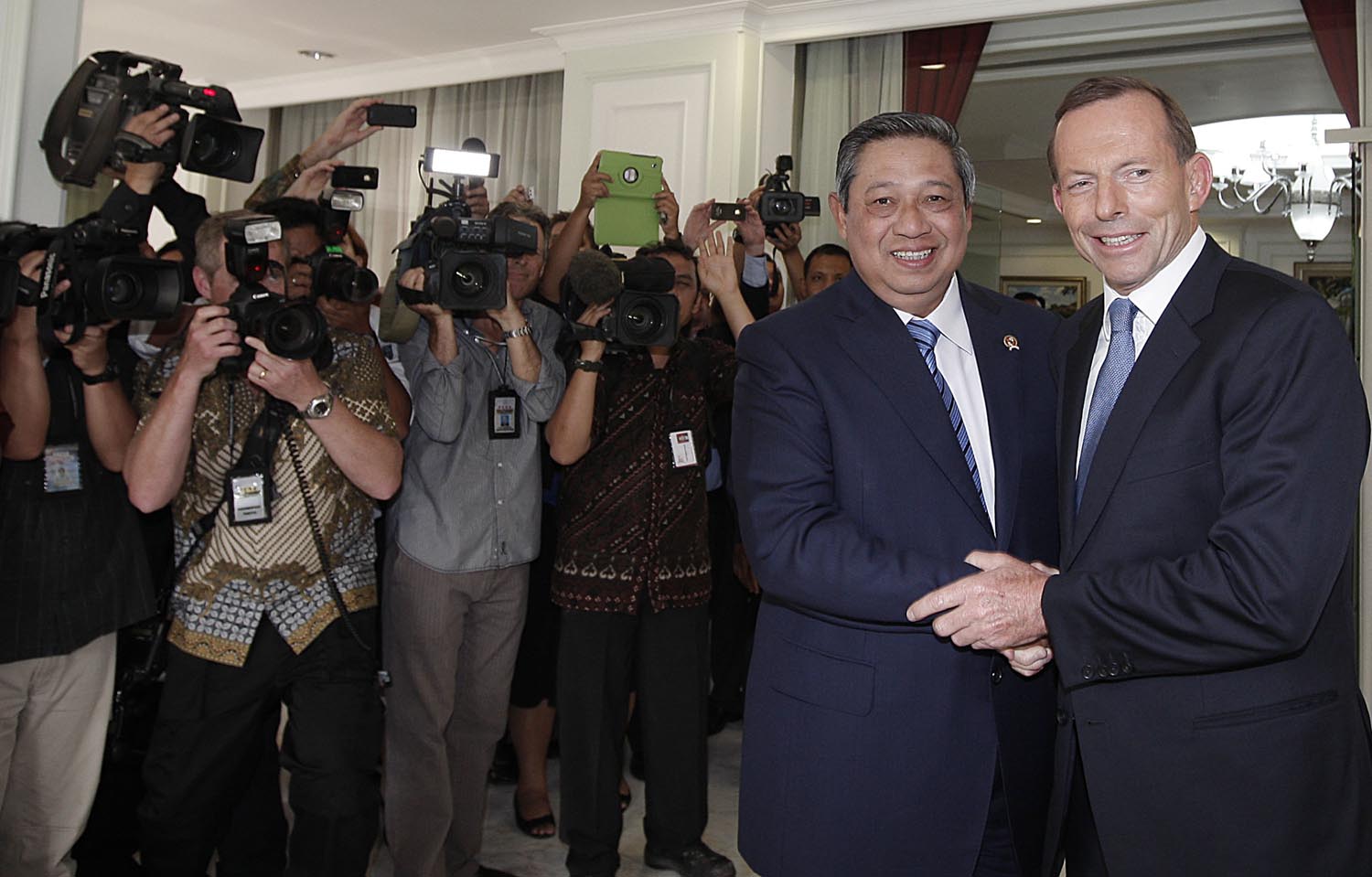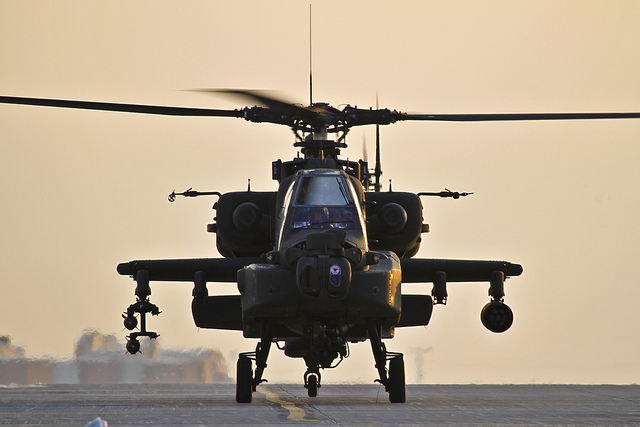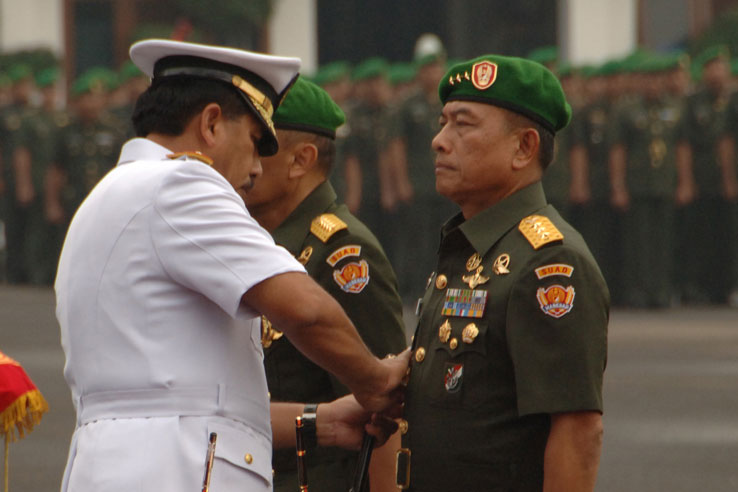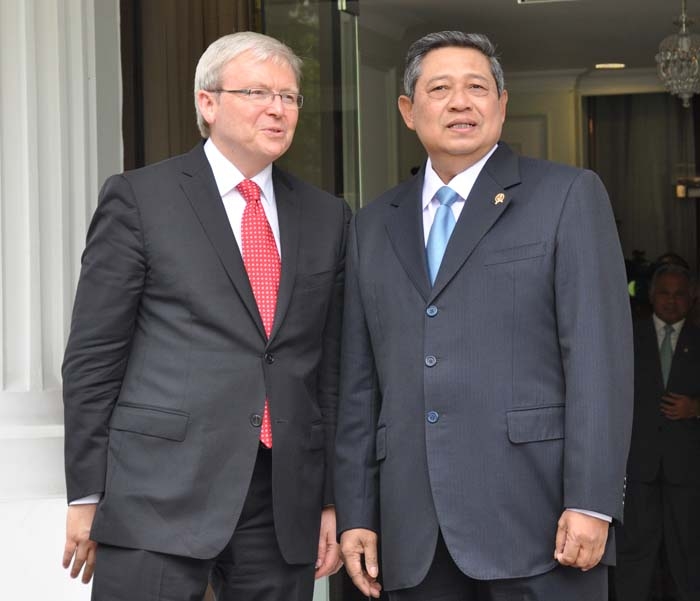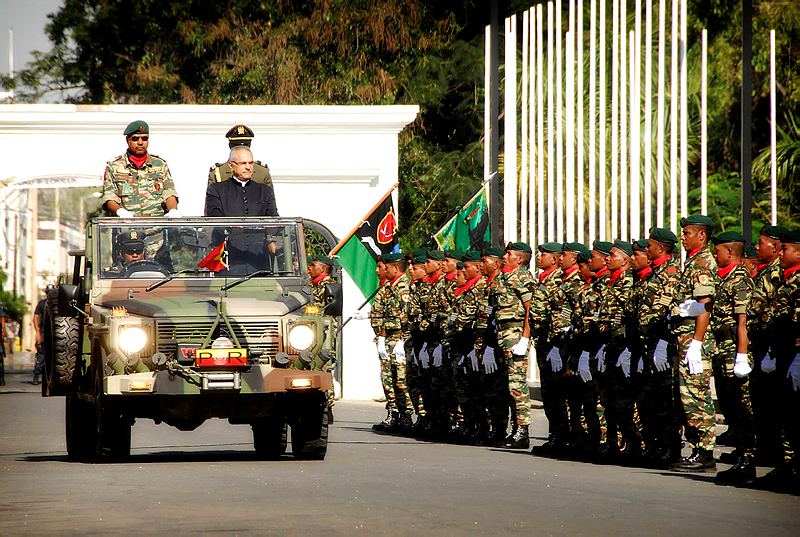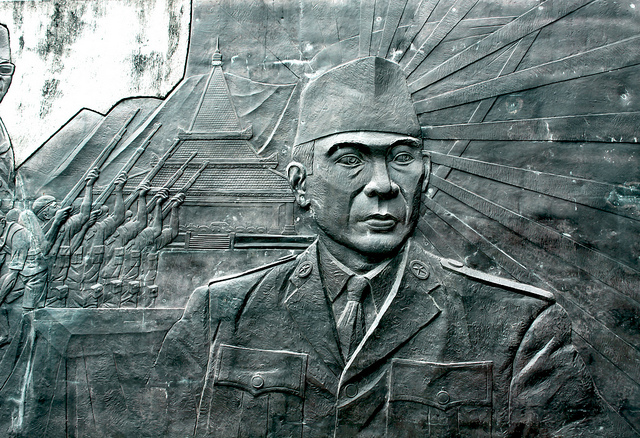Indonesia: more than a buffer zone
Daniel Grant is to be congratulated for his interesting post on the limited prospects for Australia–Indonesia strategic cooperation. I have two comments in response.
First, I think the piece underplays the idea of strategic cooperation as ballast and overplays the notion of strategic cooperation as a wartime alliance. Because of that, Grant is drawn to an argument about differing national interests based on Indonesia’s probable unwillingness to provide a buffer role for Australia when the fighting is actually happening in Indonesian living rooms.
But the great bulk of strategic cooperation between even close partners unfolds in peacetime, not in conflict. Close cooperation empowers partners. It adds to their strategic weight and it deters adversaries. It’s worth doing for a host of reasons that are less related to direct conflict than to what some strategists call the ‘gravitational’ use of force. Read more

